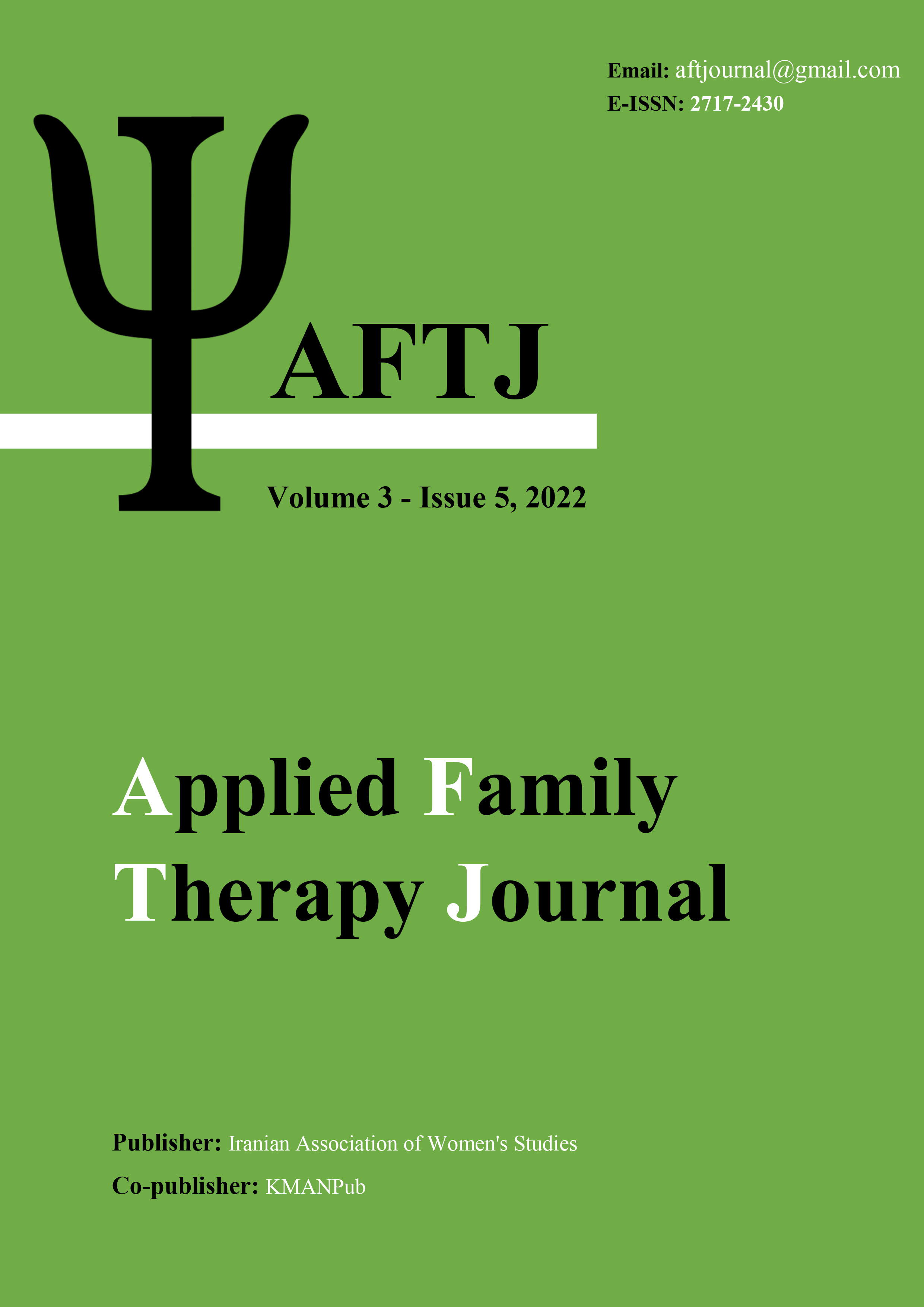Comparing the effectiveness of cognitive behavioral therapy and therapy based on acceptance and commitment on depression and negative emotions in divorced women
Keywords:
cognitive behavioral therapy, therapy based on acceptance and commitment, negative affect, depression, women, divorceAbstract
Aim: Divorced women are more exposed to mental, social and physical injuries such as anxiety, depression, suicide, heart diseases, etc. than married women. The purpose of this study was to compare the effectiveness of cognitive behavioral therapy and therapy based on acceptance and commitment on depression and negative emotions in divorced women in Sari city. Method: The purpose of the present research was applied and its method was quasi-experimental with a pre-test and post-test design with two experimental groups and a control group and a two-month follow-up period. The statistical population of the research included all divorced women who referred to a private counseling center in Sari city in 2023, 30 people were selected by available sampling and randomly assigned to two experimental groups and one control group. Also, in order to collect information from the dimension of negative affect, the scale of positive and negative affect by Tellgen and Watson (1985) and the second edition of Beck's depression questionnaire (1996) were used. SPSS-26 software and three-stage repeated measures analysis of variance and Bonferroni post hoc test were used for statistical analysis of data. Results: Cognitive behavioral therapy and therapy based on acceptance and commitment had a significant effect on depression scores (F=4.50 and F=4.81) and negative emotion (F=6.14 and F=6.07) over time. (p>0.01). Also, no significant difference was observed between the post-test and follow-up scores (p<0.05). Therefore, it can be concluded that these effects had good stability. Analysis using the Bonferroni test shows that the difference between the effectiveness of the two trainings on variables is not significant (p<0.05). Conclusion: Based on the available findings, it can be concluded that to reduce depression and negative emotions in divorced women, both methods of cognitive behavioral therapy and therapy based on acceptance and commitment can be used, and there is no significant difference between the effectiveness of these treatment methods.
Downloads
Downloads
Published
Issue
Section
License

This work is licensed under a Creative Commons Attribution-NonCommercial 4.0 International License.





















